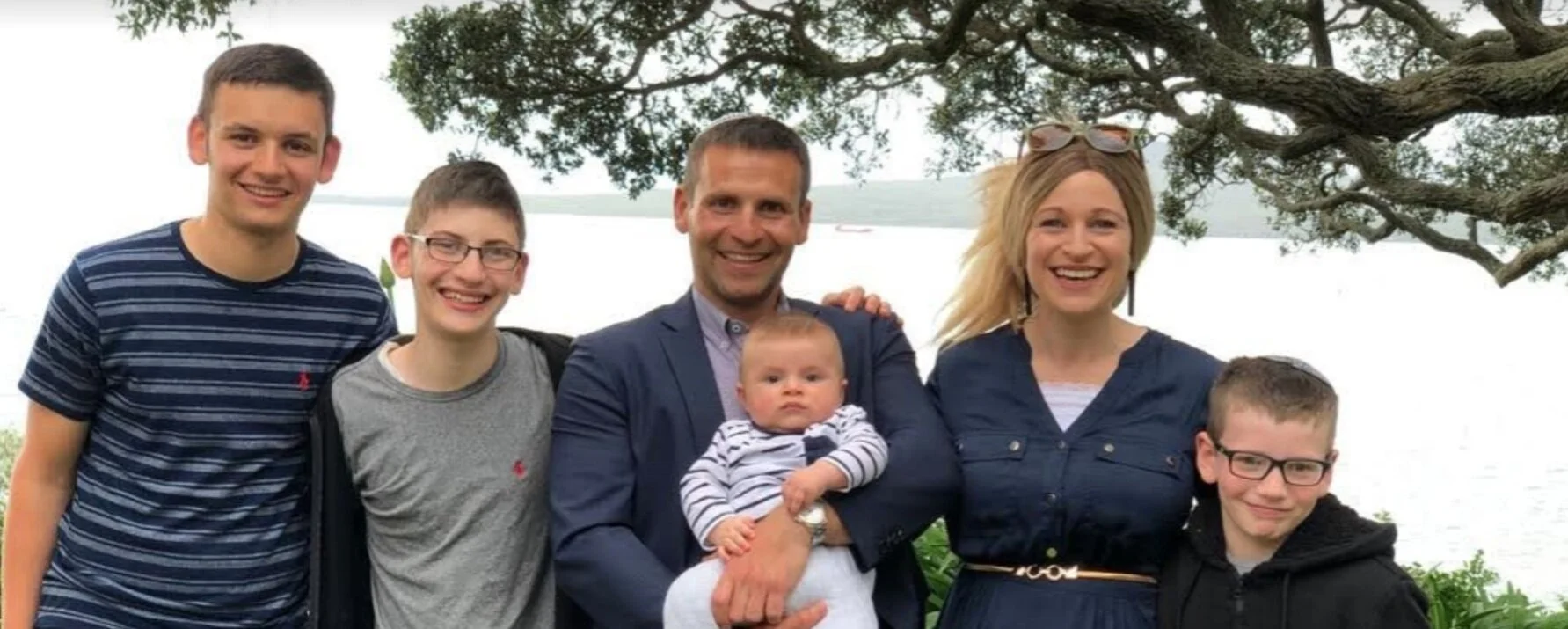Parashat Va’era
Rabbi’s Drosh
As we start the new year it is interesting to think about the differences between the Jewish New Year and the secular New Year.
The secular New Year is focused on resolutions. We think about our hopes and plans for the coming year ahead. In contrast, the Jewish New Year focuses on our past deeds and T’shuva (repentance or return). We look to the year that has been before we launch into the future.
Research generally shows that around 80% of New Years Resolutions fail.
Last year, Forbes Magazine published an article identifying the top three reasons why they fail.
#1: It’s your consciousness that needs to change before your behaviour can change
#2: You don’t have an accountability structure to help you sustain change
#3: You are actually scared of, and completely resistant to, achieving this big goal and you won’t let yourself
However in the case of T’shuva (repentance or return) these three issues are addressed and by dealing with our past failings, we are then in a better position to achieve our future goals as we go forward.
#1: It’s your consciousness that needs to change before your behaviour can change
This week we read Parashat Va’era and the first seven of the ten plagues on Egypt. The shift is not just in the consciousness of Pharoah but also for the People of Israel to change their mentality from a slave mentality to the mentality of free people. T’shuva starts with this mentality shift with an understanding the behaviour will follow.
#2: You don’t have an accountability structure to help you sustain change
T’Shuva is essentially an accountability structure with clear guidelines and timeframes which encourage us to reflect on our behaviour, be accountable and ultimately sustain the changes we wish to make.
#3: You are actually scared of, and completely resistant to, achieving this big goal and you won’t let yourself
Interestingly, we have just seen an example of this kind of fear in Moshe’s response to Hashem telling him that he must go to Pharaoh and demand the freedom of the People of Israel. Ultimately, what helps Moshe overcome his fear is knowing both Hashem and his brother Aaron are with him. We must remember as we start 2021 that we are not alone - we are part of community and, above all, we have Hashem. As we sing in the last line of Adon Olam “Hashem is with me. I have no fear“.
When we look back at a year that has been characterised by so many missed opportunities to be together, we must also realise how fortunate we are. Here in New Zealand, we are blessed to be able to gather for worship and community more than any other Jewish community in our COVID world. Let’s make the most of the opportunities we have!
Deb, the boys and I look forward to seeing more of you in 2021.
Shabbat Shalom,
Rabbi Friedler

